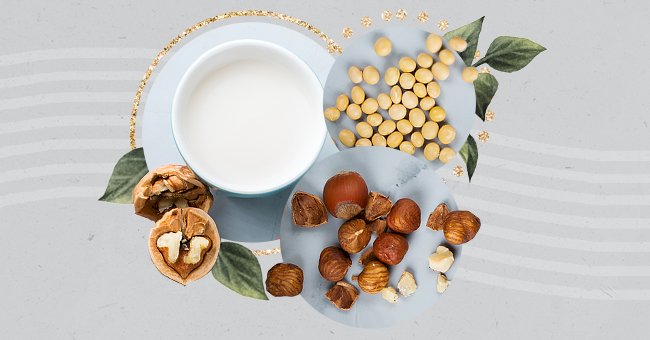
Exploring The Multitude Of Dairy Alternatives On The Market
There are so many alternatives to cow’s milk, and when you walk into the non-dairy aisle, it can be overwhelming. So how do you know what to choose?
From lactose intolerance to choice, we all have our reasons as to why we want to make the switch from dairy. Many alternatives are plant-based, where products like soy or oats are blended with water to make the milk substitute.
Milk isn’t the only dairy product on the market that has non-dairy alternatives. With so many options available, how do we know which products are best?
What To Look For?
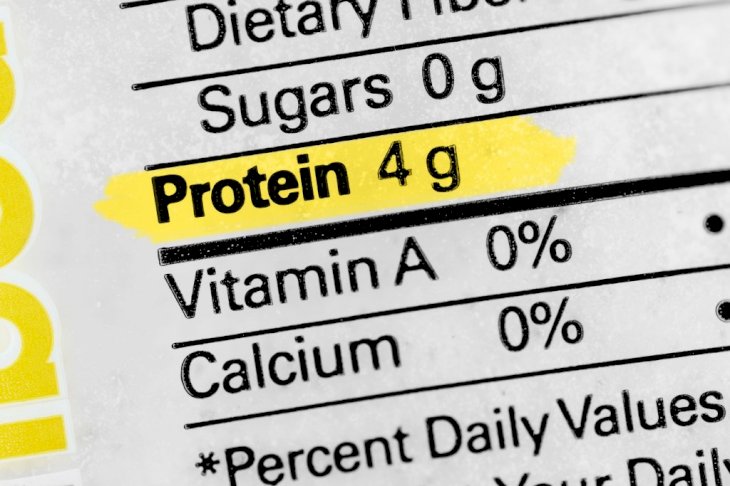
Shutterstock
When making the change from dairy, you want to be sure that the alternative is a better option for you. And these alternatives can be loaded with sugars to appeal to your taste buds, so you have to know what to look for on the packaging.
It shouldn’t be hard to miss the “unsweetened” or “0g sugar” label on the packaging, but you want to make sure that you’re not consuming added sugars like those in barista blends; they’re loaded with sugars to make them froth better.
It should have 7g of protein per serving, limited saturated fat, no more than 140mg sodium per cup, and it has to be fortified with calcium and vitamin D. You can also look for added nutrients that you want to add into your diet like omega-3 or vitamin B12.
Carbon Footprint

Shutterstock
Cows have a large carbon footprint, and all dairy alternatives produce fewer carbon emissions. Even though almond milk has become notorious for using a large amount of water, it's still significantly less than dairy.
Alternatives like oat and soy milk barely impact the environment; transport and packaging make them expensive. But you might want to consider opting for the organic option, so you have peace of mind about the environment.
Almond Milk
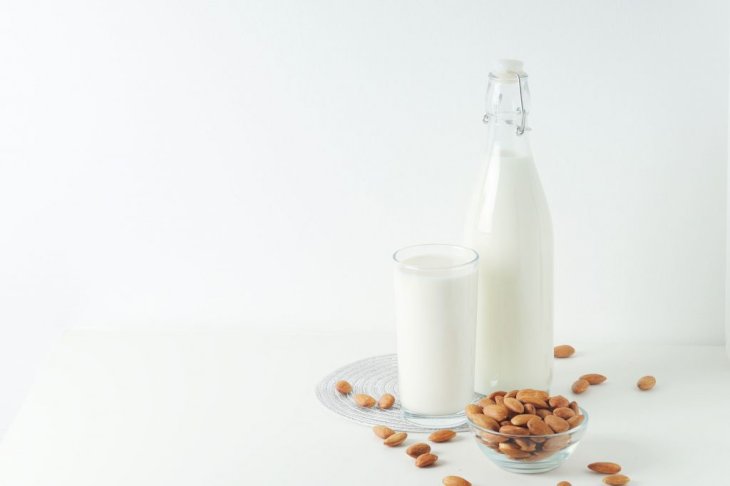
Shutterstock
Almond milk is a good transition alternative from dairy products because it doesn’t have a very distinct taste that other plant-based alternatives have. It is low-calorie and comes in a variety of blends and unsweetened options.
It doesn’t have a significant amount of proteins, but you can always add extra nuts to your smoothies to increase the protein content. This alternative is fortified with nutrients, so if you’re looking for omega-3s, you will get them!
Soy Milk
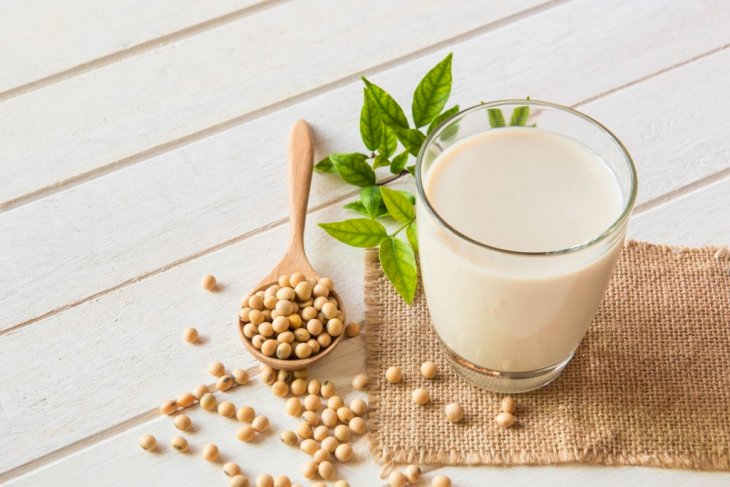
Shutterstock
Soy milk has always been the alternative to dairy before discovering the other plant-based alternatives. It is the best alternative because its nutritional content is similar to dairy.
It does have a distinct flavor profile which may not appeal to most, but a sweetened alternative exists if you need help adjusting. Its protein content is the highest compared to other alternatives, so you may want to consider it despite the flavor.
Pea Milk
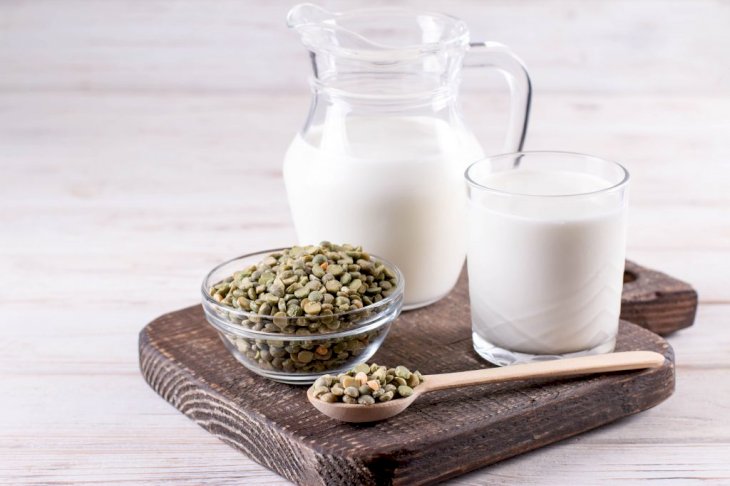
Shutterstock
Pea milk is a relatively new alternative, with a creamy flavor but less of a nutty taste than soy. If made with algal oil, it contains DHA, an omega-3 acid great for immunity and brain function!
A mixture of soy and pea milk would make the ideal milk substitute if you’re on a vegan diet because it contains all the nutrients you need! With benefits like these, your bones don’t need dairy!
Oat Milk
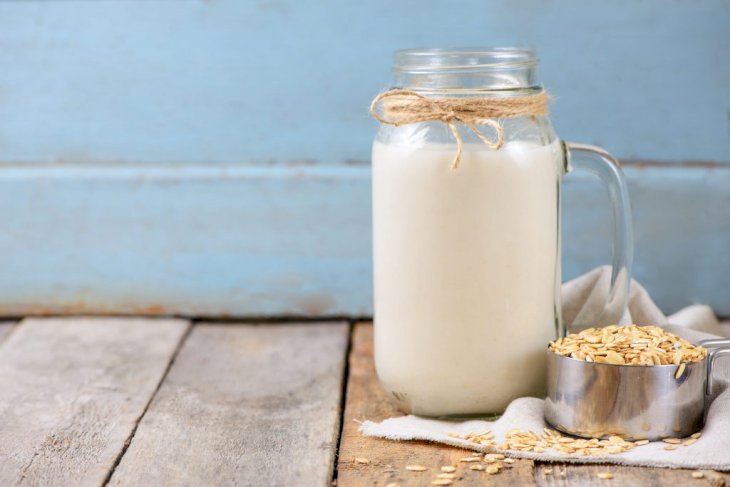
Shutterstock
Oat milk is most popular for its creamy flavor and can easily substitute dairy in coffees, teas, or smoothies. While it’s high in fiber, it lacks protein, so you’ll have to make substitutions where necessary.
The other downside is that it has more calories than unsweetened almond milk! So be careful when consuming oat milk in large quantities!
Coconut Milk
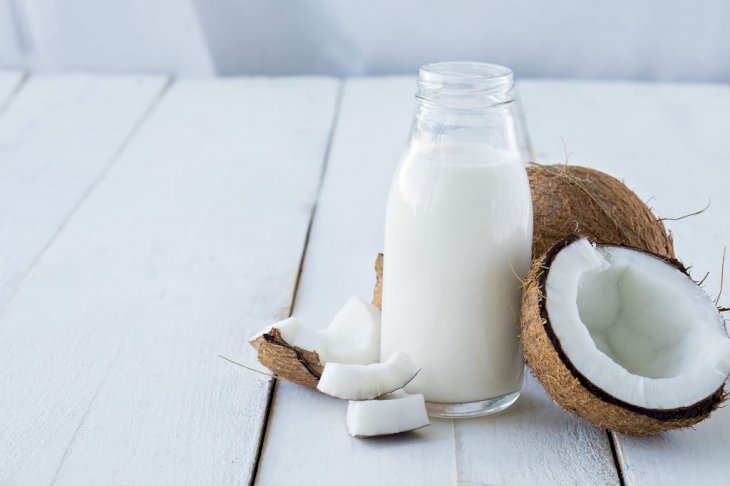
Shutterstock
Coconut milk has a more tropical flavor that comes from coconut cream. It has fewer carbs than most plant-based alternatives, but it’s high in saturated fats!
It works perfectly in hot drinks like coffee and cocoa because its texture is not much different from cow's milk; thank you, saturated fats! But it contributes to fullness, so you won’t even use that much anyway.
Other Alternatives
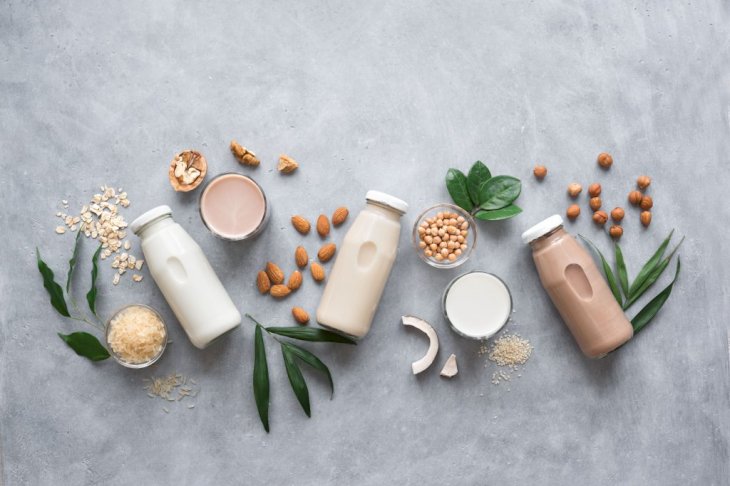
Shutterstock
There are various plant-based alternatives for milk; you can use a multitude of nuts, from macadamias to pistachios, to create a milk substitute. You can even make a milk substitute from rice, seeds like flax or hemp, or using fruit like bananas!
You should research the fat content and the nutritional benefits of all alternatives before consuming them. Stay aware of the benefits and make the necessary substitutions in your diet for what the milk lack!